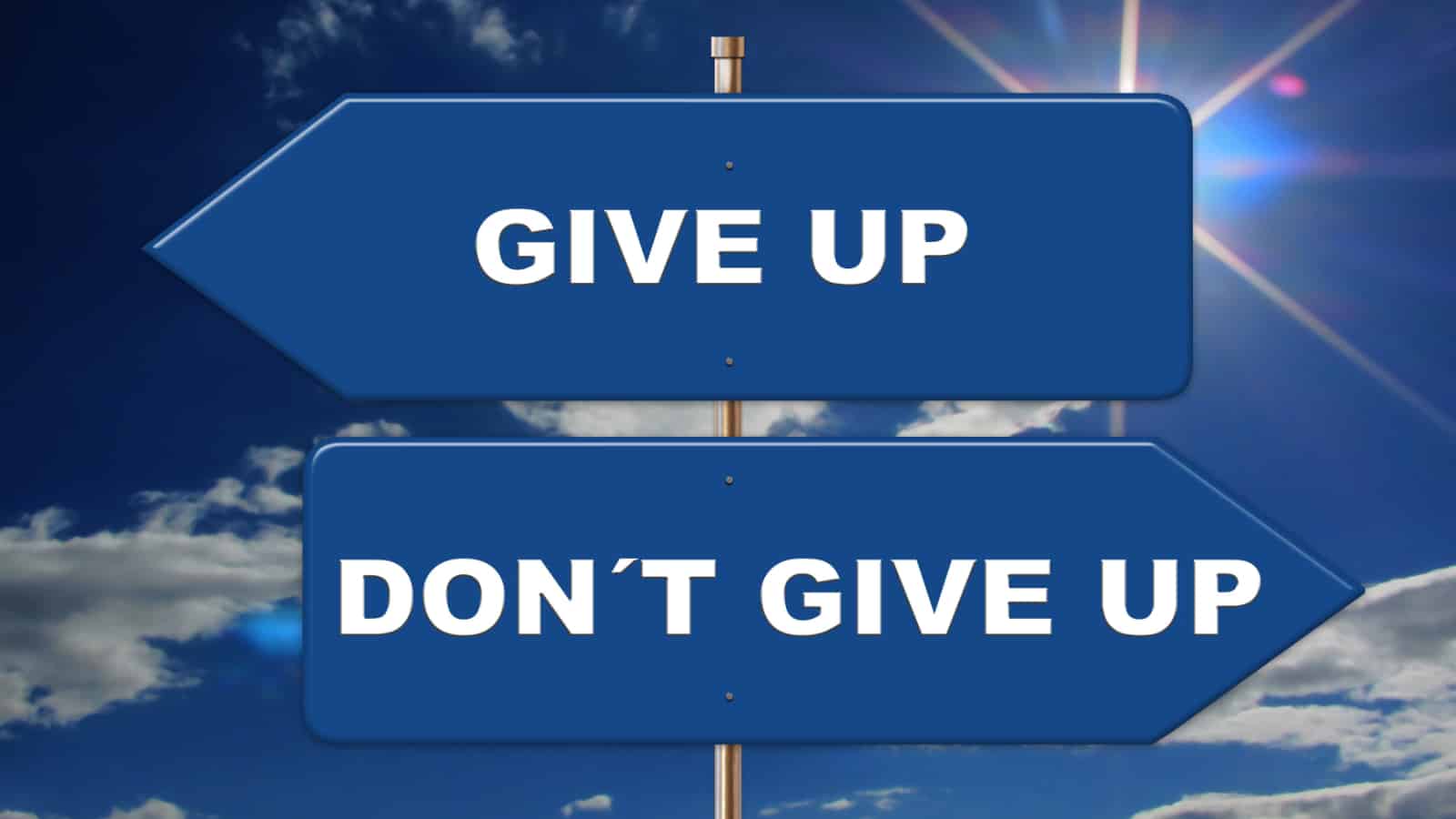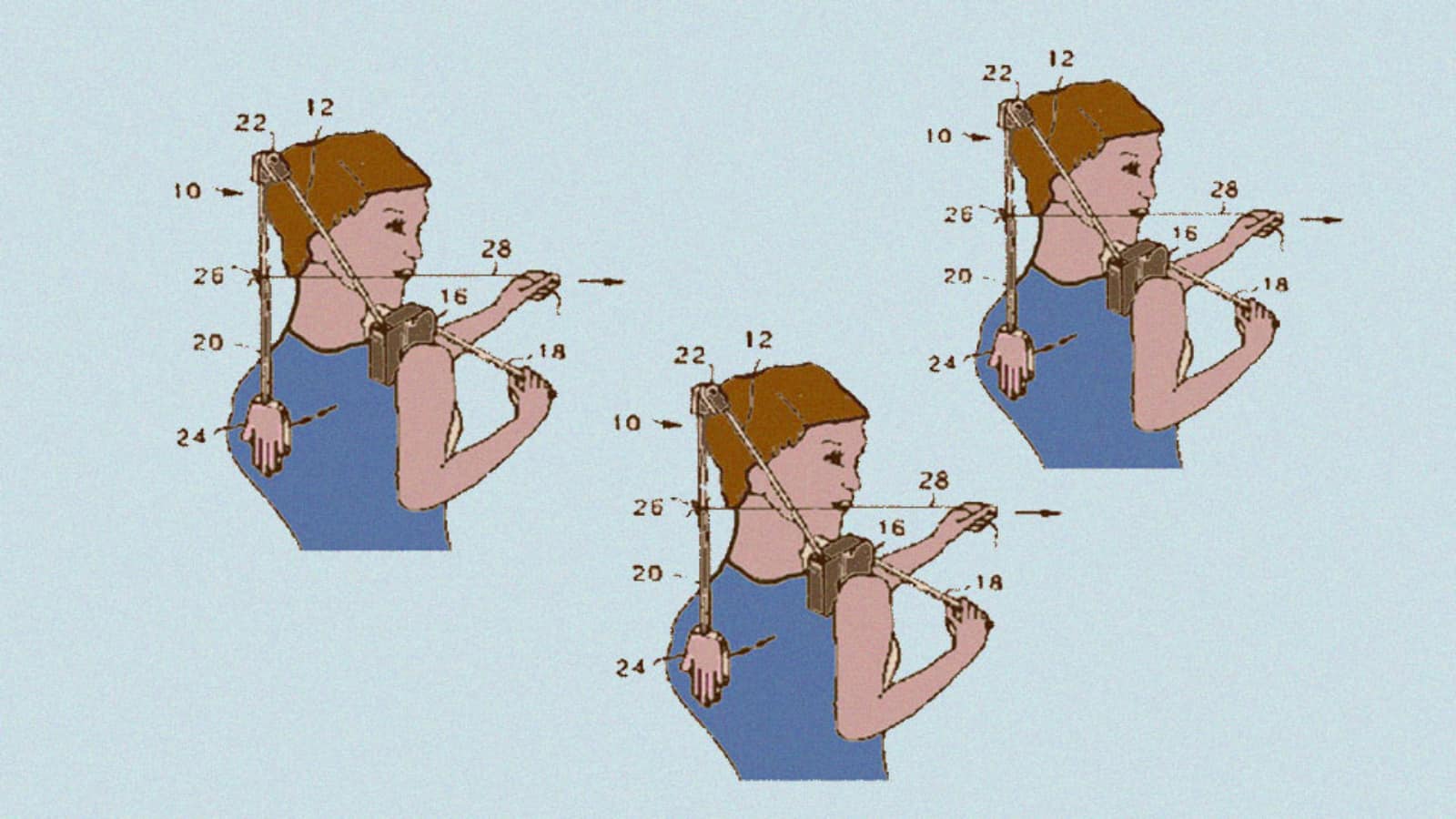It’s so not as easy as “just do it”
Clients see real wins in weeks - focus develops, goals stick, success grows

A bird in the hand is worth two in the bush
ADHD clients suffer from “bird in the hand” thinking all the time. With ADHD myself, I get this only too well. The key problem is that people with ADHD are neurologically challenged in valuing “future reward”, over immediate stimulation.Andrew Lewis is an Adult ADHD Coach, writer and founder of SimplyWellbeing. He has over 16,000 hours of experience in coaching over 600 adults with ADHD. Andrew helps entrepreneurs and creatives with ADHD thrive and achieve wellbeing and is always happy to have a free chat to discuss coaching. Andrew ran a major ADHD support group and even an ADHD diagnostic clinic for a while. Andrew is an adult ADHD Coach backed with business expertise from a twenty years career in software, from roles in programming, through marketing, sales at IBM, then to running a few software start-ups.
